Multi-level Child Epics
Multi-level Child Epics
Epics and issues work great together to provide flexibility in defining longer-term work plans. However, they are still limited to providing only a two-layer structure.
With this release, we are introducing Child Epics. You can now have an epic containing both issues and epics. This allows you to create multi-level work breakdown structures. So you can now represent even longer-term strategic initiatives or organization goals as high-level epics, and then have multiple levels of epics below those to break them down into more tangible deliverables, all the way down to issues.

Cross-project pipeline browsing
Cross-project pipeline browsing
It is now possible to expand upstream or downstream cross-project pipelines right from the pipeline view, giving you visibility into your end-to-end pipelines, no matter in which project they start or finish.
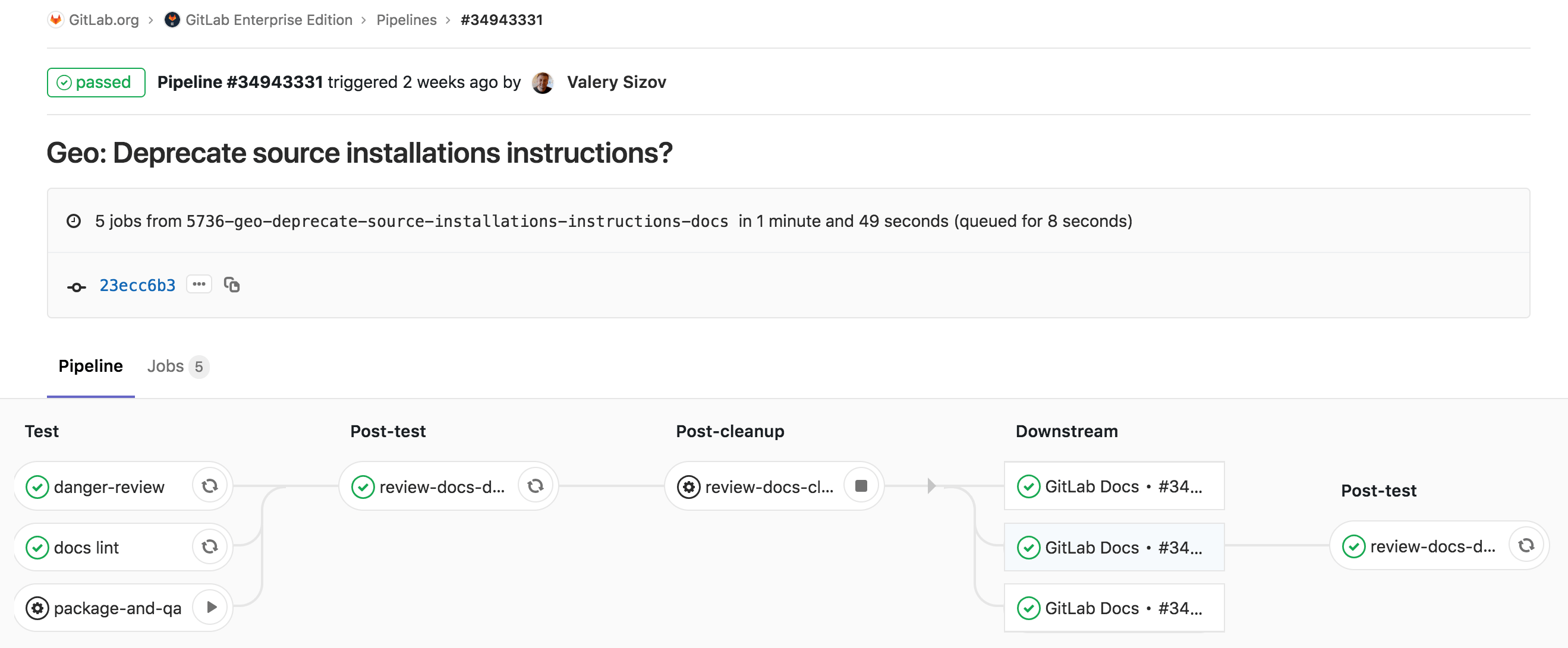
Remediate vulnerability with patch file
Remediate vulnerability with patch file
GitLab can detect different types of vulnerabilities in your apps, and also suggest a possible remediation to fix them.
Starting with GitLab 11.7, you can download a patch file, and apply it to your repo using the
git apply command. Then you can push changes back to your repository, and the security dashboard
will confirm if the vulnerability is gone!
This makes the resolution process very easy and reduces the time needed to deploy a solution.
Currently, Dependency Scanning vulnerabilities for the yarn package manager are supported, and
you don’t need to change anything to make it work. The patch will be available, every time it is
possible, in the vulnerability details window.

Configure Kubernetes app secrets as variables for Auto DevOps pipelines
Configure Kubernetes app secrets as variables for Auto DevOps pipelines
Operators and administrators require that the configuration of secrets takes place outside the application’s repository to reduce risk and exposure of sensitive data. To address this need, GitLab now offers the ability to configure secrets as environment variables that are made available to the Auto DevOps application running in your Kubernetes cluster.
Simply prepend your variable with K8S_SECRET_ and the relevant Auto DevOps CI pipeline will take your application
secret variable to populate a Kubernetes secret.

NPM registry
NPM registry
JavaScript developers need a secure, standardized way to share and version control NPM packages across projects. An NPM registry offers developers of lower-level services a way to publish their code in such a way.
In GitLab 11.7, we are proud to offer NPM registries built directly into GitLab. This being integrated right into GitLab would mean they can then share a simple package-naming convention to utilize that library in any Node.js project, and NPM and GitLab will do the rest, all from a single interface. This feature is available with GitLab Premium.
Check out a sample project which builds and pushes to the GitLab NPM registry, and see how easy it is!

API support for Kubernetes integration
API support for Kubernetes integration
With this release, we have brought API support to our Kubernetes integration. This means that all the actions currently available in the GUI, such as listing, adding, and deleting a Kubernetes cluster are now accessible via the API. Teams can use this new functionality to fold in cluster creation as part of their workflow.

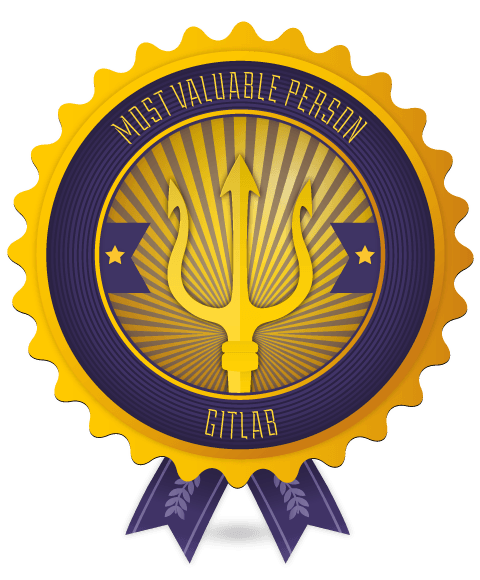
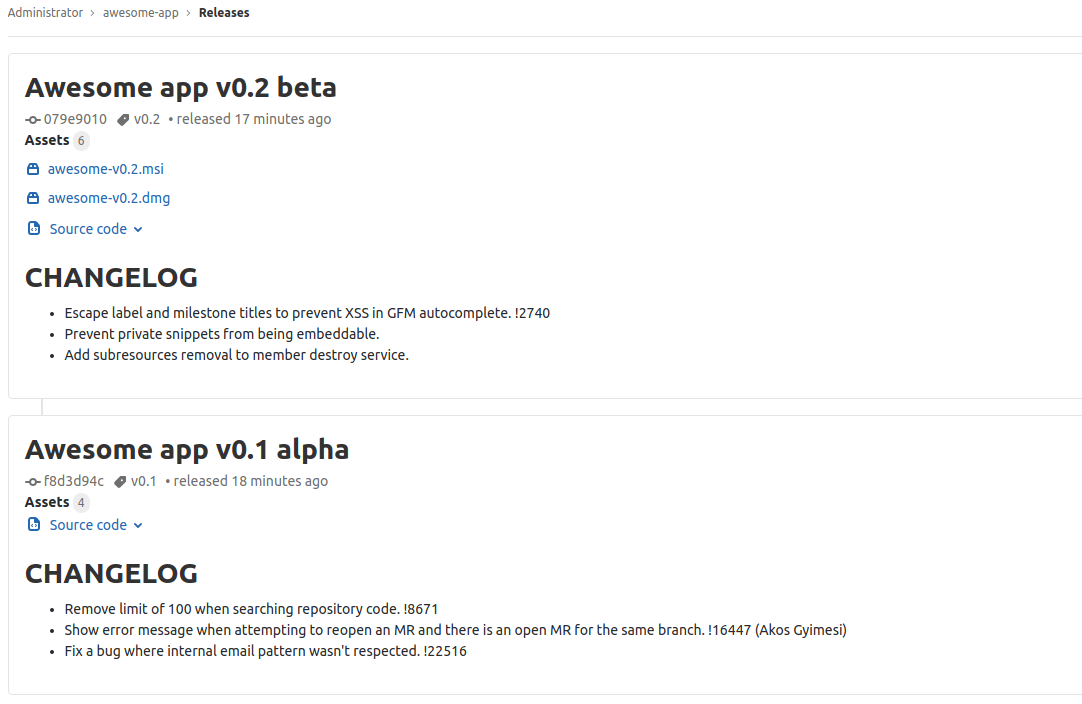



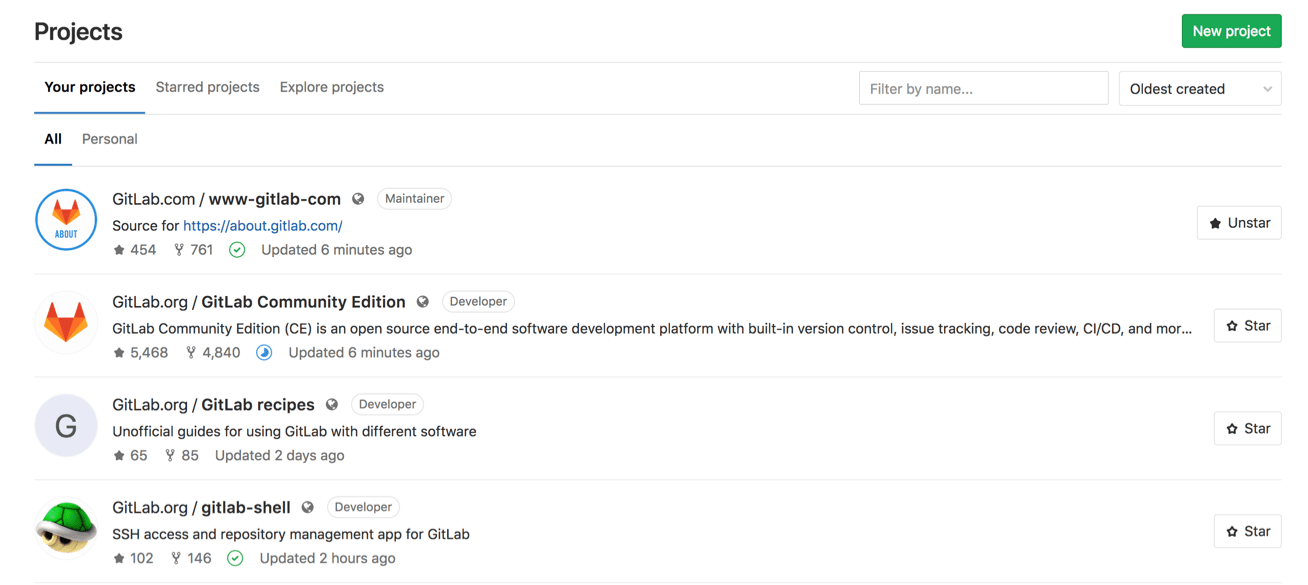
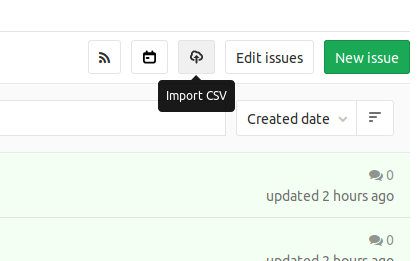

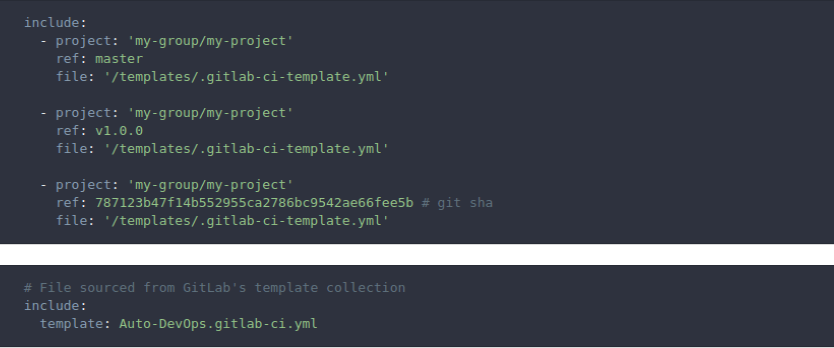

We want to hear from you
Enjoyed reading this blog post or have questions or feedback? Share your thoughts by creating a new topic in the GitLab community forum.
Share your feedback